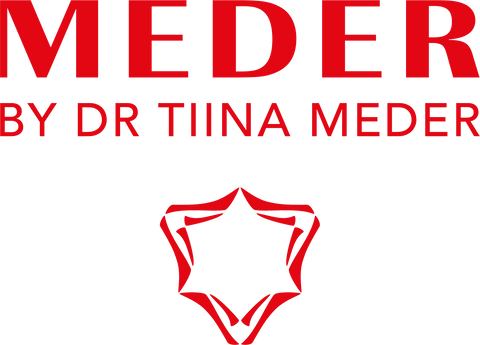
Skin care tips and advice, scientific facts about skin and cosmetics, ingredient research and so much more in Dr Tiina Meder's Blog. Why acne happens? How best to treat rosacea? Is there anything we can do about aging skin? What to do about pigmentation? Everything you wanted to know about caring for your skin at any age, choosing the right skincare regiment and living comfortably in your own skin.
Microcurrent Therapy and Facials: New Partnership with 7E Wellness — MyoLift™
New exciting chapter for Meder by Dr Tiina Meder — a partnership with 7E Wellness, the creators of MyoLift™. Experience microcurrent therapy with Meder sheet masks — a perfect combination!
Read more